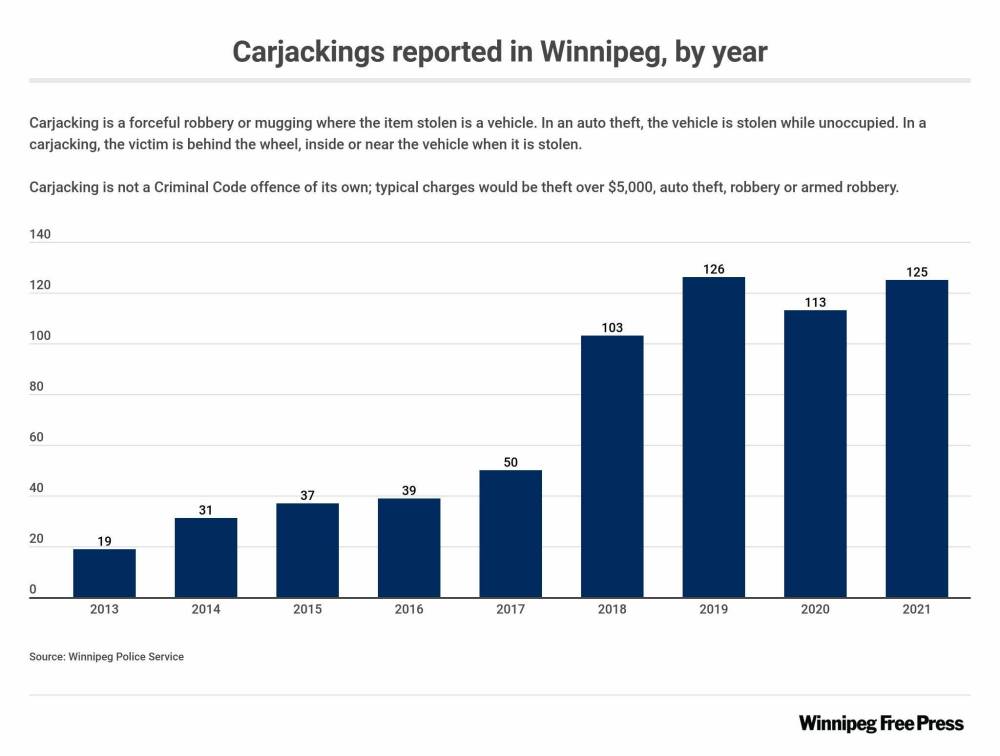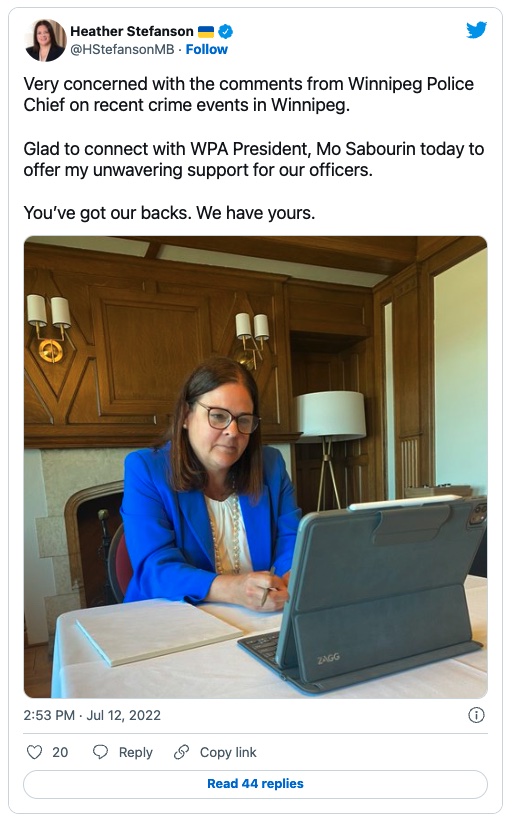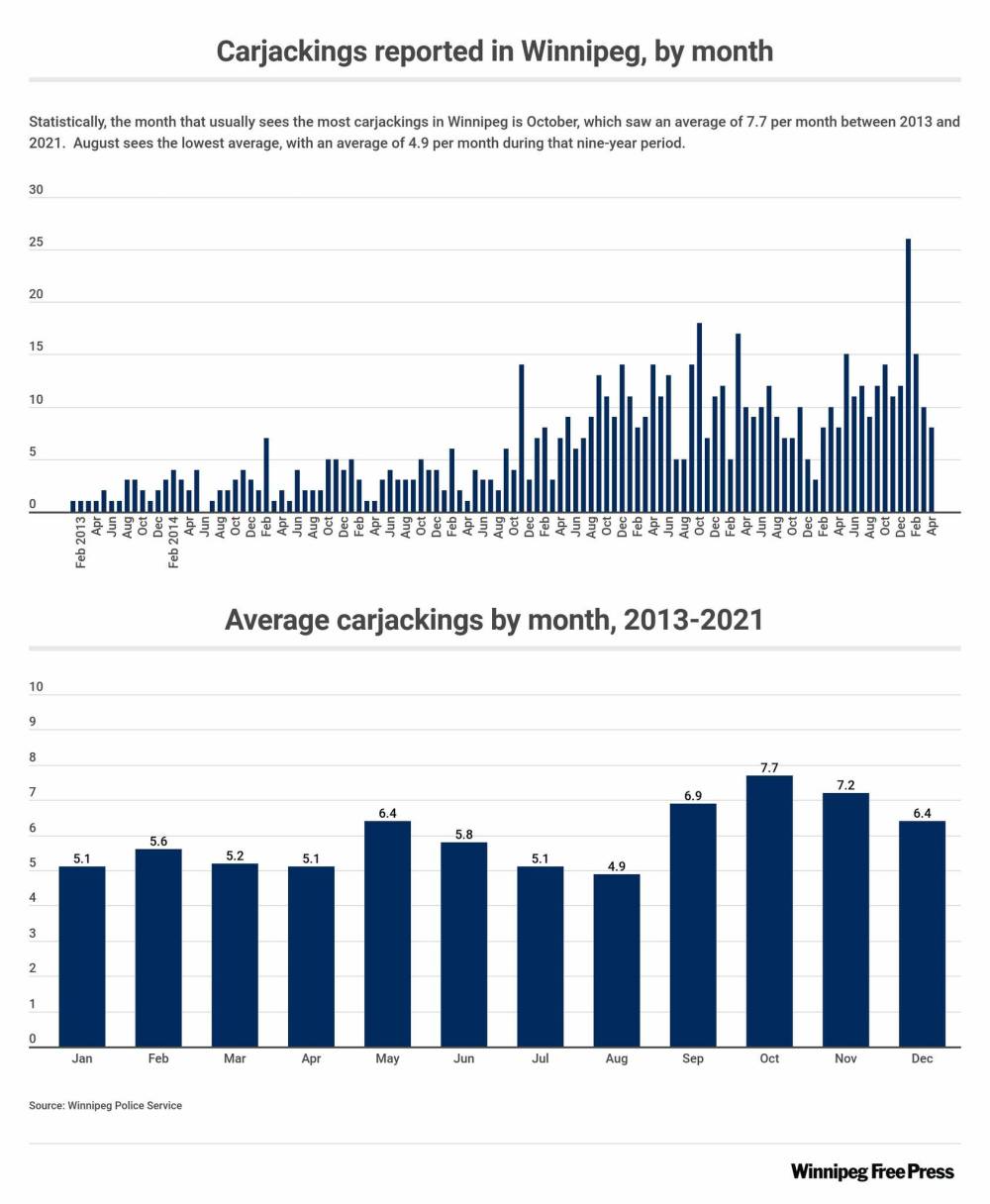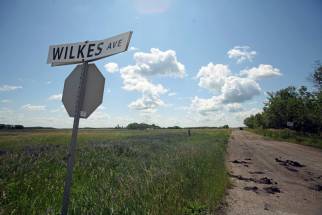No place for politics behind wheel of crime of opportunity
Read this article for free:
or
Already have an account? Log in here »
To continue reading, please subscribe:
Monthly Digital Subscription
$19 $0 for the first 4 weeks*
- Enjoy unlimited reading on winnipegfreepress.com
- Read the E-Edition, our digital replica newspaper
- Access News Break, our award-winning app
- Play interactive puzzles
*No charge for four weeks then billed as $19 plus GST every four weeks. Offer only available to new and qualified returning subscribers. Cancel any time.
Read unlimited articles for free today:
or
Already have an account? Log in here »
Hey there, time traveller!
This article was published 11/07/2022 (899 days ago), so information in it may no longer be current.
The Winnipeg Police Service recently did an excellent job of acknowledging carjackings — the oft-violent theft of an occupied vehicle — are on the rise.
Police confirmed last week, in the first four months of 2022, there have been 59 reported carjackings. It is a pace that far exceeds the last three years, when the city logged an average of 120 occupied vehicle thefts annually.
WPS also did a good job of explaining it believes the spike in carjackings was due to increased “desperation” among those with substance abuse problems.
What local police did not say is this is hardly a Winnipeg problem; auto thefts in general are on the rise almost everywhere. Toronto has logged 93 carjackings in the first five months of 2022, up from 21 over the same period the year before. In Montreal, police reported more than 6,500 vehicle thefts in 2021, a 36 per cent increase over 2020.
Chicago, which leads the U.S. in carjackings, had more than 1,800 occupied vehicles stolen last year, an increase of more than 500 per cent since 2014.
Recognizing a continent-wide phenomenon should help curb the tendency of politicians — including candidates in this fall’s Winnipeg municipal elections — to politicize the issue.
Crime is almost always top-of-mind in politics. While that can make for great theatre, it ignores a fundamental reality: crime rises or falls regardless of which party or politician is in power, how many police are put on the street or how severely criminals are punished.
Crime is the product of the chemical reaction that comes from the collision of social and economic factors. Even though most politicians know this, they can’t resist the temptation to use the issue as a political wedge.
A prime example could be found Tuesday on Manitoba Premier Heather Stefanson’s Twitter feed. With nobody asking her to weigh in, Stefanson nonetheless pledged her support to the Winnipeg Police Association in an increasingly bitter feud with WPS Chief Danny Smyth.
The chief drew the ire of the police union last week, when he said a recent spate of assaults at The Forks, while concerning, were no reason for panic. Smyth said such assaults were not “new,” but part of the challenge police and the community have faced for some time.
Police union slams top cop’s take on violent crime wave
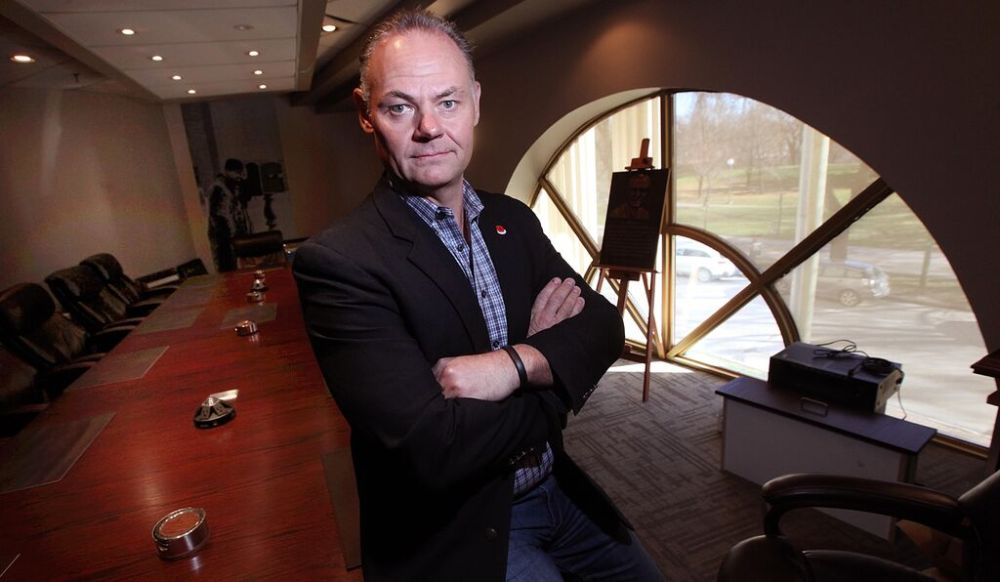
Posted:
Winnipeg’s police chief is under fire for dismissing a recent spate of violence in the city as nothing new, in the wake of another weekend of violent crime involving innocent bystanders.
As good unions do, the WPA immediately seized on these comments to slam Smyth and call for more police foot patrols to combat a situation that is “spiralling out of control.”
In a tweet, Stefanson threw in with the WPA while throwing Smyth under a bus.
“Very concerned with the comments from Winnipeg police chief on recent crime events in Winnipeg,” Stefanson posted. “Glad to connect with WPA president Mo Sabourin today to offer my unwavering support for our officers. You’ve got our backs. We have yours.”
Politics is a cynical world, but even so, this was a pretty shameless bit of pandering by the first minister. It’s also evidence politicians will incite panic on crime when it serves political agendas.
In Toronto, for example, police have responded to the spike in carjackings by launching the organized crime investigative support team. With a budget of $2.3 million, it will investigate “citywide major crime activity where the investigative scope exceeds the resources of local divisions or has links to organized crime.”
Although it makes for good headlines, it has very little chance of curbing carjackings.
The quintessential crime of opportunity, carjackings are committed when victims are isolated from other vehicles or pedestrians and certainly outside the line of sight of law enforcement. A dedicated investigative unit may be able to slowly catch up to the busiest repeat offenders, but only well after they have stolen the cars.
If not a blue ribbon police task force, then what are we to do? The solution depends on what you think is driving the issue.
Toronto police have positioned this as an organized crime issue. In Winnipeg, police believe the rise in vehicle thefts is due to desperate drug addicts.
Neither of those explanations captures the complexity of this situation.
A recent study from the University of Chicago’s Crime Lab says carjackers were getting younger. The study ultimately found a correlation between youth being arrested and absenteeism in virtual education. The authors theorized rampant absenteeism meant vulnerable youth were missing out on recreational opportunities and contact with social and mental health services provided by schools.
If the study is a fair and accurate picture of the forces behind the carjacking epidemic, then we all need to be more skeptical about anyone — be they premier, union president or candidate for mayor — who claims the problem can be solved with more officers or stiffer penalties.
Smyth may have lacked compassion in his comments, but he was not wrong. This is a long-standing problem that requires more attention to root causes — and entirely less political theatre.
dan.lett@freepress.mb.ca

Dan Lett
Columnist
Born and raised in and around Toronto, Dan Lett came to Winnipeg in 1986, less than a year out of journalism school with a lifelong dream to be a newspaper reporter.
Our newsroom depends on a growing audience of readers to power our journalism. If you are not a paid reader, please consider becoming a subscriber.
Our newsroom depends on its audience of readers to power our journalism. Thank you for your support.

